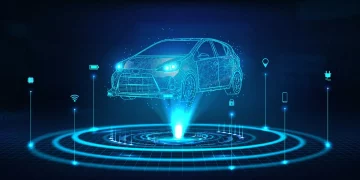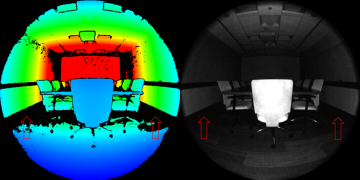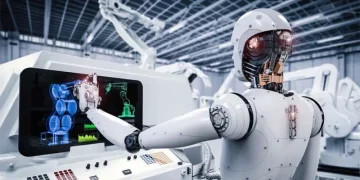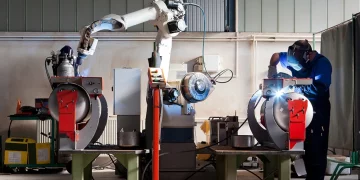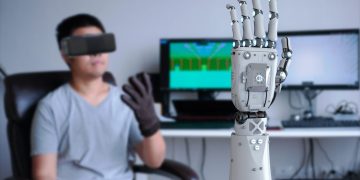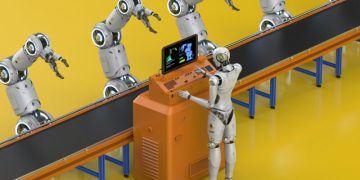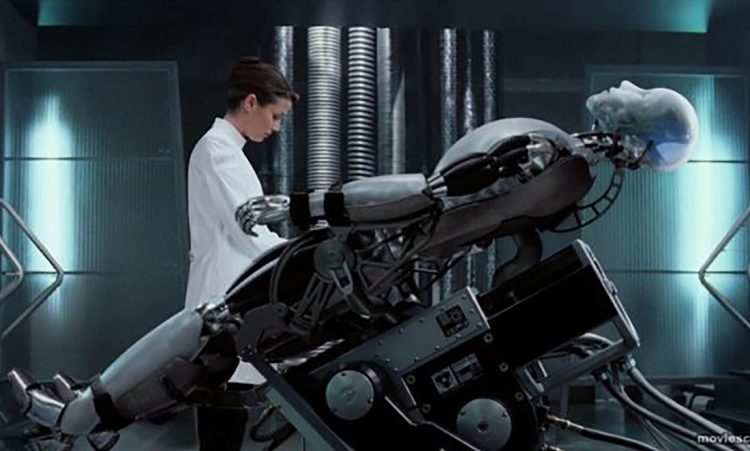1. Introduction
- Contextual Overview:
- Begin by introducing the rapid development and deployment of robots and AI systems across industries. Highlight how robots are increasingly becoming integrated into various aspects of human life, from healthcare and autonomous driving to service and military applications.
- The Rise of Ethical Concerns:
- Discuss the growing ethical concerns surrounding robots, especially regarding their autonomy, decision-making capabilities, and impact on society. Touch on the increasing importance of ethics as the field of robotics becomes more prevalent in society.
- Purpose of the Research:
- State the article’s focus on exploring robot ethics as a critical area of scholarly attention, emphasizing the various dimensions—philosophical, social, legal, and technological—that need to be considered to ensure responsible deployment and development of robots.
2. The Concept of Robot Ethics
- Defining Robot Ethics:
- Define what robot ethics entails, covering ethical dilemmas robots may face or cause, such as the impact on human autonomy, moral decision-making, and the risk of harm to humans.
- Key Ethical Theories Applied to Robotics:
- Utilitarianism: Discuss the application of utilitarian principles (maximizing the greatest good) in decision-making algorithms for robots.
- Deontological Ethics: Explore the importance of rule-based ethics for robots, focusing on Kantian duties and moral rules that robots must follow.
- Virtue Ethics: Introduce the concept of virtue ethics in robotics, where robots should aim to develop “virtues” such as compassion and wisdom.
- Ethical Dilemmas in Robot Behavior:
- Discuss scenarios where robots must make ethical decisions, such as the “trolley problem” in autonomous vehicles. How should robots make decisions when human lives are at risk?
3. Ethical Concerns in Autonomous Systems
- Autonomy vs. Control:
- Discuss the ethical implications of autonomous robots, particularly in areas like self-driving cars, drones, and military robots. Explore the trade-offs between granting robots autonomy and ensuring human oversight and accountability.
- Accountability and Responsibility:
- Examine who is responsible when a robot makes a harmful decision or error. Should the responsibility lie with the manufacturer, the developer, the user, or the robot itself? This area addresses the challenges of assigning legal and ethical responsibility in the case of accidents or harmful outcomes.
- Decision-Making in Critical Situations:
- Explore the challenges of programming robots to make decisions in life-and-death situations, such as medical robots in surgery or autonomous vehicles in accident scenarios. Should robots have the authority to make such decisions, or should a human always be in control?
- Bias and Discrimination:
- Address the ethical concerns related to biases embedded in AI and machine learning algorithms, which could result in robots making decisions that are unfair or discriminatory (e.g., in hiring practices, law enforcement, or healthcare applications).

4. Impact on Human Society
- Robots and Employment:
- Examine how the increasing use of robots in various industries might lead to job displacement and economic inequality. What are the ethical implications of automation, and how should societies address the potential negative impacts on the workforce?
- Social Trust and Human-Robot Interaction:
- Discuss the ethical challenges related to human-robot interactions, particularly regarding trust. As robots become more involved in daily life, how do we ensure that humans trust robots, especially in sensitive areas like healthcare, caregiving, and education?
- Psychological Effects of Robots on Humans:
- Analyze how human interaction with robots might affect human psychology. For instance, how does the use of robotic caregivers impact the elderly, or how might robots in homes change the way humans perceive companionship and emotional support?
- Privacy and Surveillance:
- Explore the ethical concerns of robots equipped with cameras and sensors that might collect data on individuals without their knowledge or consent, especially in the context of surveillance, privacy invasion, and data security.
5. Legal and Regulatory Frameworks for Robot Ethics
- Current Legal Landscape:
- Discuss the existing legal frameworks that govern the use of robots and AI technologies. Highlight international laws, national policies, and the gap between technological advancements and outdated legal systems.
- Proposed Ethical Guidelines:
- Introduce various ethical guidelines proposed by international organizations like the IEEE (Institute of Electrical and Electronics Engineers) and the EU, including principles such as transparency, accountability, and safety in robotic design and deployment.
- Robot Rights and Personhood:
- Explore the philosophical debate over whether robots should have rights or personhood, particularly as they become more autonomous and sophisticated. What ethical issues arise when robots are given a legal status, and how does this affect human society?
6. Ethical Implications of Robotics in Different Sectors
- Military Robots and Autonomous Weapons:
- Explore the ethical concerns surrounding the use of robots in warfare, particularly autonomous weapons systems. Should robots be allowed to make life-or-death decisions in military operations? What are the moral implications of removing human decision-makers from such critical situations?
- Healthcare Robotics:
- Discuss the role of robots in healthcare, especially in surgery, diagnostics, and elder care. How should ethical considerations guide the development of these robots, particularly in terms of patient consent, emotional support, and the robot’s relationship with healthcare professionals?
- Robots in Law Enforcement:
- Address the ethical concerns related to the deployment of robots in law enforcement and surveillance. What moral considerations arise when robots are involved in policing, maintaining order, or even making arrests?
7. Public Perception and Ethical Awareness
- Public Understanding of Robot Ethics:
- Discuss how the general public perceives robots and their ethical implications. Is there widespread awareness and understanding of the ethical concerns surrounding robots, or is there a lack of dialogue on these issues?
- Ethical Education and Awareness:
- Explore the importance of educating the public, developers, and lawmakers on robot ethics to foster responsible development and use of robotics. Highlight initiatives and academic programs aimed at increasing awareness of ethical issues in robotics.
- The Role of Ethical Leadership in Robotics:
- Emphasize the need for ethical leadership in robotics research and development. How can industry leaders, policymakers, and ethicists collaborate to ensure that robots are developed in a way that benefits society and avoids harmful consequences?
8. Future Directions in Robot Ethics
- Advances in AI and Ethics:
- Discuss how the ongoing development of AI and robotics will continue to present new ethical challenges. How will future advances, such as general AI or autonomous superintelligent robots, impact ethical considerations?
- The Role of Cross-Disciplinary Research:
- Explore the importance of cross-disciplinary collaboration between ethicists, technologists, lawmakers, and the public to create well-rounded ethical guidelines for robotics. How can researchers from fields like philosophy, computer science, and law collaborate to address complex ethical dilemmas?
- Robots in a Globalized World:
- Reflect on the global implications of robot ethics. How will ethical standards for robots differ across cultures, and how can international cooperation help standardize ethical guidelines in robotics?
9. Conclusion
- Summary of Key Insights:
- Reiterate the importance of addressing ethical concerns in robotics as the field continues to grow. Summarize the key ethical issues discussed, from autonomy and accountability to the impact on human society.
- Call to Action:
- Conclude by emphasizing the need for ongoing research, dialogue, and regulation to ensure that robots are developed and deployed responsibly. Advocate for proactive ethical decision-making in the design and deployment of robotics technologies to safeguard human values and societal well-being.









